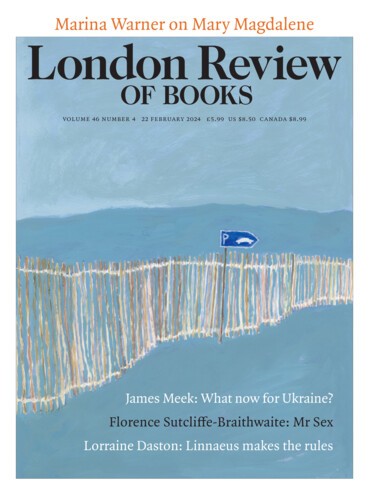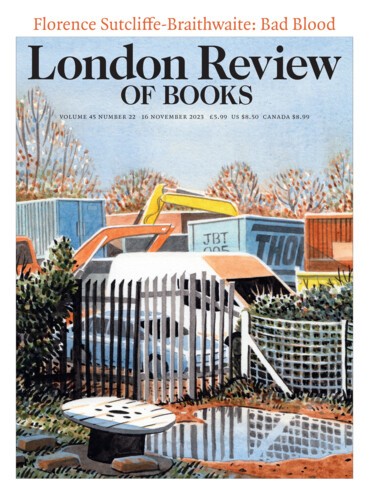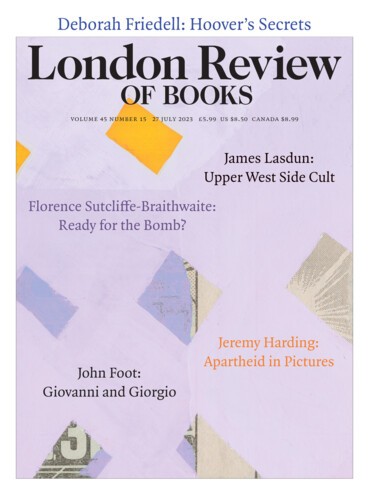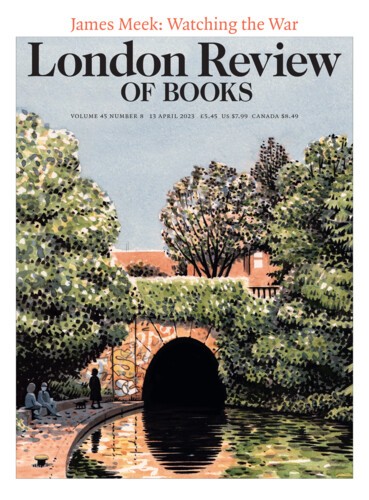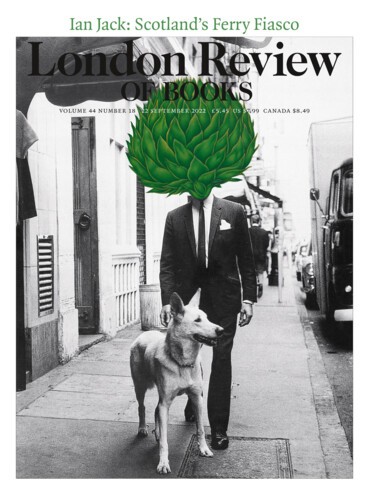Indoor Sport: Mr Sex
Florence Sutcliffe-Braithwaite, 22 February 2024
Alex Comfort was exhausting. After meeting him, the pioneering sex researchers William Masters and Virginia Johnson swapped notes. ‘If we could learn to produce on a 24-hour level the way he does, I think we’d probably have it made,’ Johnson said. ‘Five or six hours is all I can stand,’ Masters replied. ‘I end up out of breath while he’s...
